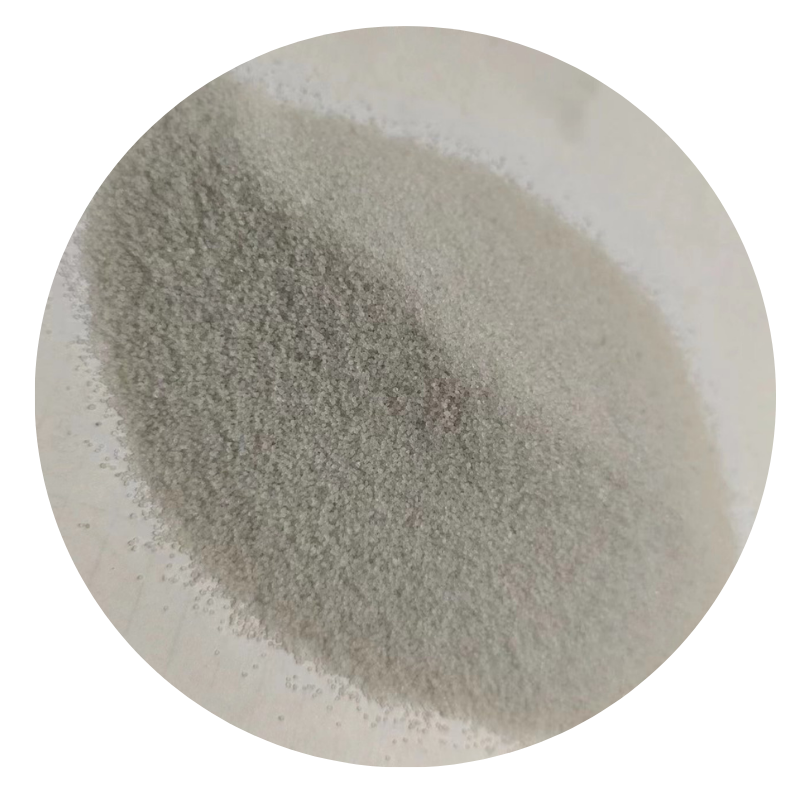
Exploring the Benefits of Perlite in Agriculture and Its Leading Manufacturers Worldwide
The Role of Perlite in Agriculture A Focus on Manufacturers
Perlite, a volcanic glass, has gained significant traction in the agricultural sector due to its remarkable properties that promote plant growth and improve soil quality. As the demand for productive and sustainable farming practices continues to rise, perlite manufacturers are stepping up to meet this growing need. In this article, we will explore the difference perlite can make in agriculture, the role of manufacturers, and how this lightweight material contributes to modern farming techniques.
What is Perlite?
Perlite is formed when volcanic glass is heated to high temperatures, causing it to expand and become a lightweight, sterile, and porous material. Its unique physical and chemical properties provide numerous benefits in agriculture. Perlite is often classified as an inert growing medium, making it ideal for various applications, from potting soils to hydroponic systems.
Benefits of Perlite in Agriculture
One of the primary benefits of perlite in agriculture is its excellent drainage properties. This feature prevents waterlogging, ensuring that roots have access to adequate oxygen, which is crucial for plant health. Good aeration also helps prevent root rot, a common issue in overwatered soils. Additionally, perlite retains moisture while still allowing excess water to drain away, providing plants with a stable environment that promotes healthy root development.
Perlite also contributes to soil structure. When mixed with traditional soil, it helps to improve aeration and reduce compaction, facilitating better root penetration. This characteristic is particularly beneficial in heavy clay soils, where drainage can be a significant issue. Furthermore, perlite is pH neutral and does not break down over time, ensuring long-lasting benefits for soil health.
The Role of Perlite Manufacturers
perlite agriculture manufacturer

Perlite manufacturers play a crucial role in the agricultural sector by producing high-quality perlite that meets the specific needs of various farming practices. These manufacturers ensure that their perlite is processed to maintain its lightweight and porous nature, which is essential for maximizing its agricultural benefits.
The production process typically involves mining, crushing, and heating perlite ore. Manufacturers focus on quality control to ensure that the final product meets industry standards. The availability of different grades of perlite allows farmers to select the appropriate type for their specific applications, whether for horticulture, landscaping, or soil amendment.
Moreover, innovation in processing techniques has led to the development of expanded perlite products that cater to different agricultural needs. For instance, some manufacturers now offer pre-mixed potting soils that include perlite, making it easier for gardeners and farmers to adopt this beneficial material without extensive knowledge of soil amendment ratios.
Environmental Considerations
As sustainable farming becomes increasingly important, the environmental impact of agricultural materials is under scrutiny. Perlite, being a natural material, stands out as an eco-friendly option. Its production requires minimal energy compared to synthetic alternatives, and it is recyclable, thus posing a smaller carbon footprint.
Additionally, manufacturers are beginning to adopt greener practices in their operations, such as reducing waste, recycling water, and minimizing emissions. As the agriculture industry continues to seek sustainable solutions, perlite manufacturers will play a vital role in promoting eco-friendly farming practices.
Conclusion
In conclusion, perlite is a valuable asset in modern agriculture, providing solutions to common challenges such as drainage, aeration, and soil quality. The role of perlite manufacturers is pivotal in ensuring that farmers have access to high-quality products tailored to their specific needs. As the industry moves towards sustainability, the continued innovation and commitment of perlite manufacturers will be essential in shaping the future of agriculture, supporting both farmers and the environment.
Share
-
Premium Pigment Supplier Custom Solutions & Bulk OrdersNewsMay.30,2025
-
Top China Slag Fly Ash Manufacturer OEM Factory SolutionsNewsMay.30,2025
-
Natural Lava Rock & Pumice for Landscaping Durable Volcanic SolutionsNewsMay.30,2025
-
Custom Micro Silica Fume Powder Manufacturers High-Purity SolutionsNewsMay.29,2025
-
Custom Mica Powder Pigment Manufacturers Vibrant Colors & Bulk OrdersNewsMay.29,2025
-
Custom Micro Silica Fume Powder Manufacturers Premium QualityNewsMay.29,2025






